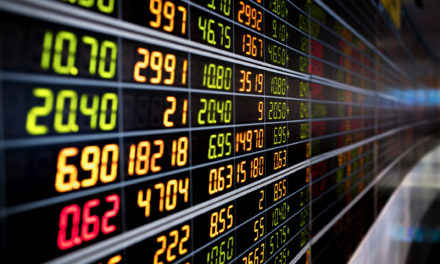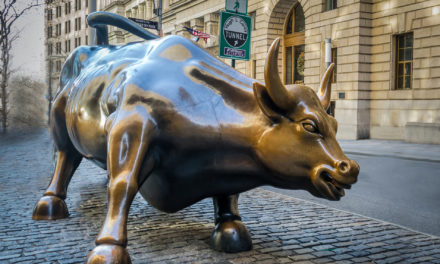
“When we own portions of outstanding businesses with outstanding managements, our favorite holding period is forever.”
— Warren Buffett
A key lesson we can learn from Warren Buffett, is about how to think about a potential stock investment in the context of a long-term time horizon. Every investor in a stock has a choice: bite our fingernails over the short-term ups and downs that are inevitable with the stock market, or, zero in on stocks we are comfortable to simply buy and hold for the long haul — maybe even a two-decade holding period. Heck, investors can even choose to completely ignore the stock market’s short-run quotations and instead go into their initial investment planning to hold on for years and years regardless of the fluctuations in price that might occur next.
Today, we examine what would have happened over a two-decade holding period, had you decided back in 2001 to buy shares of PepsiCo Inc (NASD: PEP) and simply hold through to today.
| Start date: | 05/14/2001 |
|
|||
| End date: | 05/13/2021 | ||||
| Start price/share: | $46.15 | ||||
| End price/share: | $146.37 | ||||
| Starting shares: | 216.68 | ||||
| Ending shares: | 357.30 | ||||
| Dividends reinvested/share: | $41.67 | ||||
| Total return: | 422.98% | ||||
| Average annual return: | 8.62% | ||||
| Starting investment: | $10,000.00 | ||||
| Ending investment: | $52,310.58 | ||||
As we can see, the two-decade investment result worked out well, with an annualized rate of return of 8.62%. This would have turned a $10K investment made 20 years ago into $52,310.58 today (as of 05/13/2021). On a total return basis, that’s a result of 422.98% (something to think about: how might PEP shares perform over the next 20 years?). [These numbers were computed with the Dividend Channel DRIP Returns Calculator.]
Notice that PepsiCo Inc paid investors a total of $41.67/share in dividends over the 20 holding period, marking a second component of the total return beyond share price change alone. Much like watering a tree, reinvesting dividends can help an investment to grow over time — for the above calculations we assume dividend reinvestment (and for this exercise the closing price on ex-date is used for the reinvestment of a given dividend).
Based upon the most recent annualized dividend rate of 4.3/share, we calculate that PEP has a current yield of approximately 2.94%. Another interesting datapoint we can examine is ‘yield on cost’ — in other words, we can express the current annualized dividend of 4.3 against the original $46.15/share purchase price. This works out to a yield on cost of 6.37%.
Here’s one more great investment quote before you go:
“The stock market is filled with individuals who know the price of everything, but the value of nothing.” — Phillip Fisher




